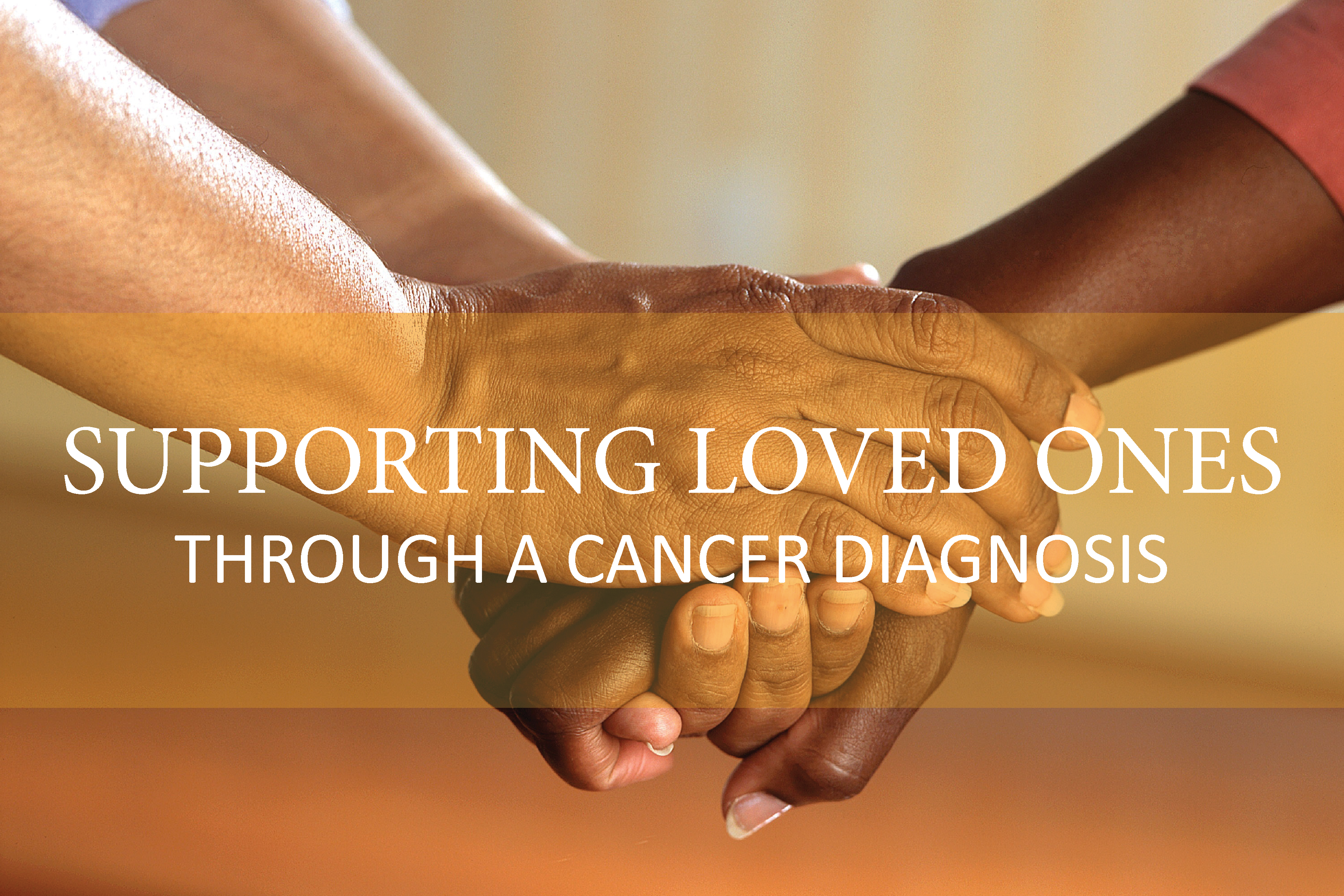
The topic of cancer is often a sensitive subject, as a friend or a loved one, it can be difficult to know the best approach to support your loved one. However, the support of family and friends plays an important role in a cancer patient’s journey, so it’s good to identify an effective approach. Here are some tips from the American Cancer Society on ways to support a loved one through their cancer journey.
Be a Listening Ear
When talking with someone who has cancer, the most important thing you can do is simple. Just listen. Take time to listen and understand how they feel. Don’t try to assume how they are feeling or try to rush them into a conversation they are not ready for. By letting them talk in their timing opens the door to authentic conversations and lets them know you are someone safe they can share their feelings without an unwanted opinion or judgment.
Asking the Right Questions
Along with listening, knowing the right questions to ask creates an organic prompt for them to open up about areas they may not have been comfortable bringing up on their own. You are not forcing them to have a conversation, allow them to share as much or little as they are comfortable with. One of the key ways to facilitate open communication is not only to ask “How are you feeling?” but also “What are you feeling?” “Fine” or “good” are often a response to the first question, following up with the second digs a little deeper into what your friend is processing.
Offer Your Time and Resources
Getting to and from treatment is challenging for some. Sometimes, their health doesn’t allow them to get there on their own. It can be hard to ask for help in an already vulnerable situation. Approaching them with the offer of help alleviates that awkward conversation and opens the door for your loved one to share their needs.
Everyone, no matter how emotionally strong they are, or self-sufficient they feel can use support, even if it’s just knowing someone cares for them. Try to understand what your loved one is going through by listening and offering a helping hand and encouragement along the way.
EXPERT CARE
No two situations are the same. That’s why our caring team of experts are here to provide you with a custom-tailored treatment plan that is unique to your diagnosis, tumor size, location and involvement. Click on the button below to learn more.


